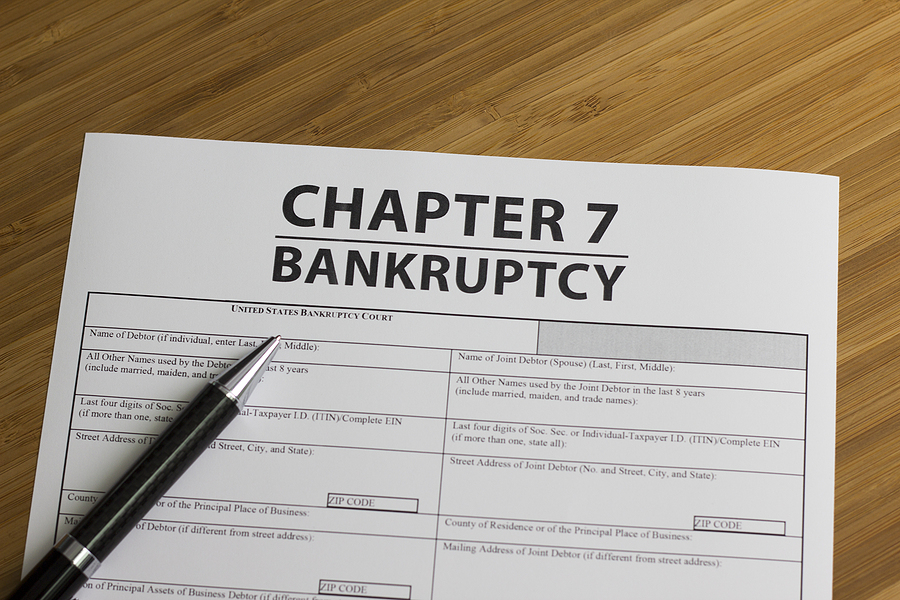Bankruptcy is a commonly known legal practice that is popular for many reasons. However, that doesn’t mean that people understand it well. Most people believe common bankruptcy misconceptions unless they have gone through it themselves. At Kain + Henehan, one of the first things that we do with new clients is try to dispel bankruptcy myths. Here are several common bankruptcy misconceptions that we regularly debunk.
You Lose Everything in Bankruptcy
It is a commonly held belief that you will lose everything if you file for bankruptcy. That is not true in every single case of bankruptcy. This myth largely has to do with Chapter 7 bankruptcy where you liquidate assets to pay creditors.
There are exemptions to what can and cannot be liquidated in a bankruptcy. These exemptions ensure that you have a place to live and a vehicle to drive to work at the least. In most cases, you could lose relatively little based on the specifics of that case.
Bankruptcy Permanently Ruins Your Credit
Some believe that once you file bankruptcy, your credit is ruined forever. This is also not true to some degree. Bankruptcy is another item in your credit score. It typically will show up for around 7 years.
Since bankruptcy is a single item on your credit report, it is possible to reverse the damage by raising your score. The more positive accounts and payments you have, the less of an impact that bankruptcy has. Also, that bankruptcy can fall off of your report in seven or ten years depending on the laws in your state. When that happens, your score can jump back up quickly.
Bankruptcy Removes All Debts When Finished
One of the most pervasive bankruptcy myths is that bankruptcy removes all debts once you finish the process. As powerful as bankruptcy is, it cannot erase all of your debts. Some types of debt are exempt from bankruptcy, which means that they cannot be discharged. These usually include things like spousal support or child support ordered by the state. Tax debts and student loan debts are relatively new additions to the exemptions list since so many people have tried to use bankruptcy to erase those debts.
Learn More About Bankruptcy From A Bankruptcy Attorney
If you have questions about bankruptcy, the best place to go for answers is to a bankruptcy attorney. Kain + Henehan can answer any questions that you have about bankruptcy and help you through the process the right way. Contact Kain + Henehan by calling (612) 438-8006 or filling out the online form.

